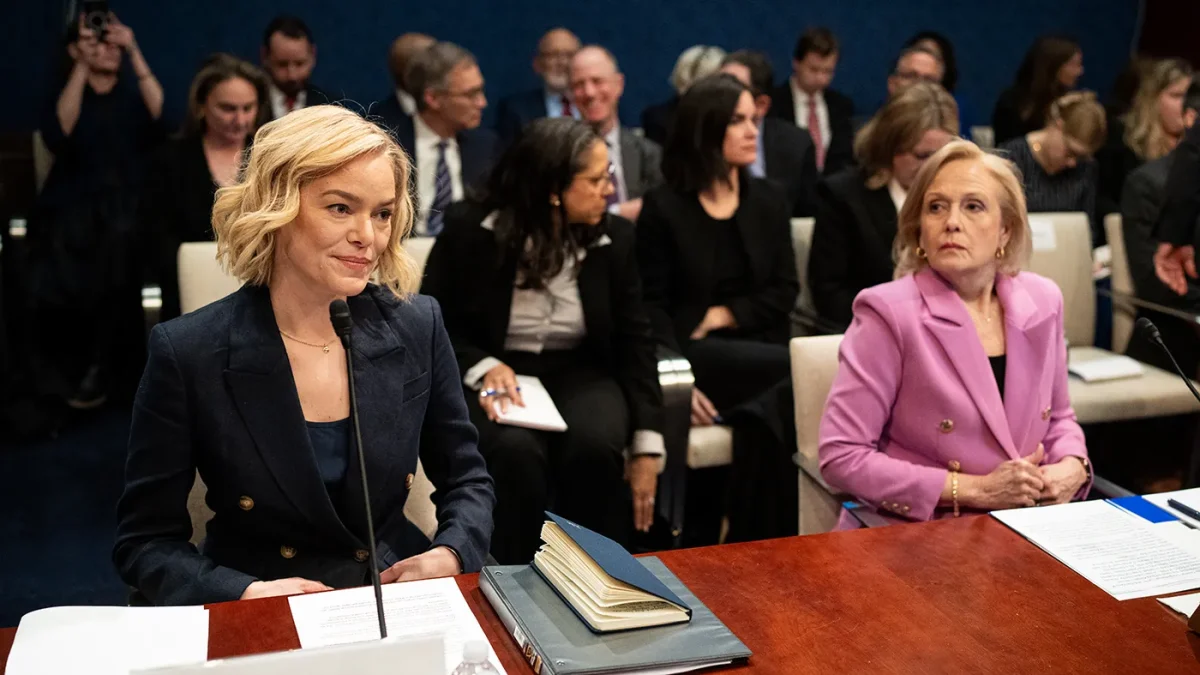April 22, of every single year marks the important national day of Earth Day! Earth Day is an annual event celebrated on the same day every year that focuses on raising awareness and promoting environmental protection. It’s a time dedicated to demonstrate support for the environment, with a wide range of events coordinated globally to encourage action and behavioral changes to protect the planet as best as possible. This tradition has been going on since 1970, but fun fact Earth Day is not considered a national holiday. The reason why Earth Day is not a national holiday is because it is not officially recognized by the federal government.Though it is not a national holiday, and we don’t get any days off, over a billion people annually, which makes it the largest civic observance in the world with 190 countries participating each year!
Now, let’s get into some history…
Earth Day was founded by Gaylord Nelson, who is a U.S. Senator from Wisconsin. He organized the first Earth Day on April 22, 1970, as a nationwide “teach-in” to raise public awareness about environmental issues and push for greater government action. Nelson was inspired by the anti-Vietnam War protests, which was a large-scale movement in the United States that grew from the early 1960s through the early 1970s, mostly opposing US involvement in the Vietnam war, and wanted to harness the energy of the student movement to address environmental concerts. The first Earth Day was a huge success, with approximately 20 million Americans participating in rallies and teach-ins. It happened in Washington D.C. to create the Environmental Protection Agency (EPA) and enact laws aimed to protect the environment.
So why should we care?
We should care because one of the biggest environmental issues, or changes, are impacting us heavily. That environmental issue is climate change. Climate change is a long-term shift in temperatures and weather patterns. But, us humans are making a huge impact on climate change making the world a hotter place, which can cause a lot of problems. For example, rising global temperatures, melting ice glaciers, rising sea levels, and more frequent and intense extreme weather events like droughts, floods, and storms. These lead to many problems including ocean acidification, impacts on biodiversity, impacts on human health, agriculture, and much more. If we don’t find solutions now and start trying to change our lifestyles, then more frequent wildfires will start to arise, longer periods of drought in some regions, and an increase in the wind intensity and rainfall from tropical cyclones, which isn’t good. Also, climate change can impact the air pollution, which could make the air dangerous and maybe even deadly for the whole world. The main problem, or at least one of the biggest is burning fossil fuels like coal, oil, and natural gas. These glasses release greenhouse gasses, primarily carbon dioxide, into our atmosphere. These gases trap heat, leading to a rise in global temperatures and altering weather patterns.
So, how do we prevent it?
There are many ways to prevent climate change, and many easy solutions to stop such a big problem. One of the easiest ways to do this is to plant new forests and restore old ones. Planting trees and flowers can be a big way to help save the world and keep it from warming up too much. More ways to prevent it is to save energy at home. Most of our electricity and heat are powered by coal, oil, and gas. Using less energy by reducing heating and cooling use, switching to LED light bulbs and energy efficient electric appliances, washing your laundry with cold water, and hanging things to dry instead of a dryer are just some of the ways you can help the environment in your everyday life. There are many other ways you can make the world a better place with just one change in your everyday life. Here is a list of something you can do:
- Change your home’s source of energy
- Walk, bike or take public transport
- Switch to an electric vehicle
- Consider your travel
- Reduce, reuse, repair, and recycle
- Eat more vegetables
- Throw away less food
- Plant native species
- Clean up your environment
- Make your money count
- Speak up


